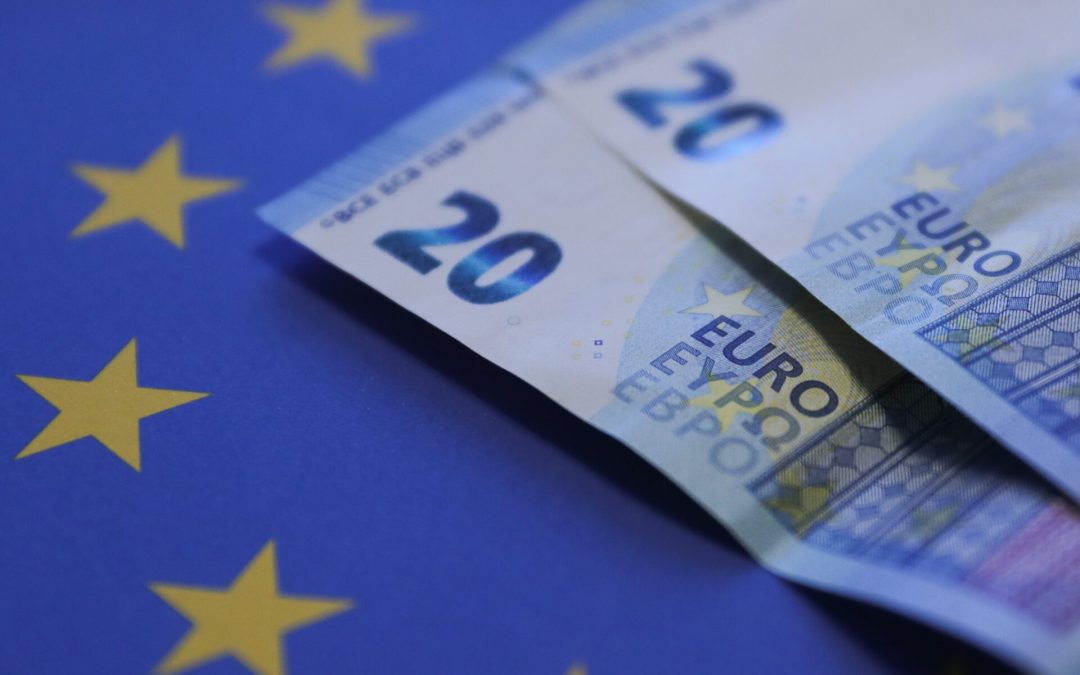It is a well-known position of the Moderates, but it must happen soon. If it is solely up to the governing party, Danish voters should “as soon as possible” go to a referendum on the EU opt-out and the euro.
This is what Stine Bosse, the Moderate’s MEP, tells Altinget.
– I interpret as soon as possible as within two years. This is really urgent because it concerns both Denmark’s security and Denmark’s economy. Big things are moving quickly. That’s why we’re pushing for it from now on, Bosse tells Altinget.
According to the Moderates, this is more important than ever, considering the current world situation. She refers, among other things, to “the threats against Europe”.
The Moderates will pressure the other governing parties through dialogue and good arguments, Bosse tells Ritzau.
– We are well aware that making demands and having ultimatums is not something you have in a coalition government. But stating where we stand and being clear about why we stand where we do is the only responsible thing given how the world looks now. The terrain has changed completely, and we’re operating according to the old plans, says Bosse.
When Foreign Minister and political leader Lars Løkke Rasmussen (M) gave a speech at the party’s annual meeting in Copenhagen on Saturday, he reiterated that it is still the party’s goal to abolish all the Danish EU opt-outs.
The problem for the Moderates is that the party stands alone with that stance among the three governing parties, with the Social Democrats and the Liberals being the others. Prior to last year’s election to the EU Parliament, the Moderates floated the idea of a referendum on the judicial opt-out. But Prime Minister Mette Frederiksen (S) clearly said no. Among other things, arguing that the Danish voters in 2015 were at the ballot boxes, where a majority voted to maintain the opt-out.
Neither are the Liberals in favor of the idea.
– We have no current plans to submit either the judicial or euro opt-out to a referendum, political spokesman Jan E. Jørgensen (V) writes in an SMS to Ritzau.
In short, the judicial opt-out means that Denmark is typically outside the EU’s cooperation on, for example, border control, immigration policy, civil law, criminal law, and police. The euro opt-out means that Denmark still has the krone as its currency. In 2022, Danish voters approved the abolition of the defense opt-out. Bosse wants a single referendum on the judicial opt-out and the euro. It cannot wait for five years or “something like that,” she believes.
 go to the original language article
go to the original language article
